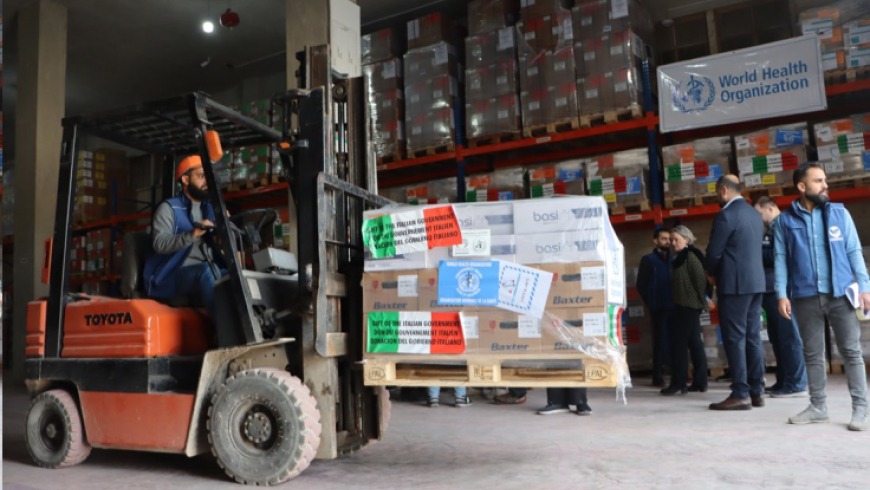Italy Provides 3 Million Euros to Support the Health System in Syria through the World Health Organization

The Italian Agency for Development Cooperation announced the allocation of a financial grant of 3 million euros to the World Health Organization to support the strengthening of health surveillance and emergency response systems in Syria.
According to a statement from the World Health Organization, the funding will be directed towards improving disease surveillance systems, rehabilitating health laboratories in Damascus and Daraa, in addition to supporting digital transformation in the health sector to ensure greater efficiency in data management.
Christina Beithke, the organization's representative in Syria, confirmed that "this investment is crucial for the early detection of health threats and effective response," adding: "This support will not only contribute to saving lives but will also strengthen the building of a more resilient and robust health system for the future."
For his part, Andrea Di Filippo, head of the United Nations Office at the Italian Ministry of Foreign Affairs, stated that this contribution reflects Italy's steadfast commitment to supporting the Syrian people, noting that "investment in the health sector is essential for Syria's recovery, and digital transformation will be a key factor in achieving a sustainable health system."
Alessandra Piermattei, director of the Italian Agency's office in Lebanon and Syria, explained that her country's support for the Syrian health sector "has been ongoing for years, starting from confronting COVID-19 to the cholera outbreak," pointing out that previous projects included laboratory rehabilitation, staff training, and providing medical equipment.
The project will be implemented over two years in collaboration with the Syrian Ministry of Health, focusing on developing a digital health strategy, enhancing electronic surveillance systems, in addition to training health workers and equipping rapid response teams.
This support comes at a time when more than 16.7 million people in Syria need urgent health assistance, as the World Health Organization emphasized that "this partnership enhances readiness for health emergencies and protects the most vulnerable groups from future crises."